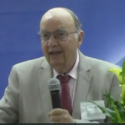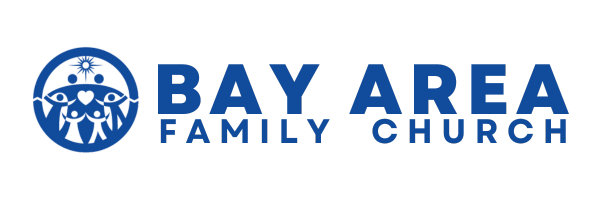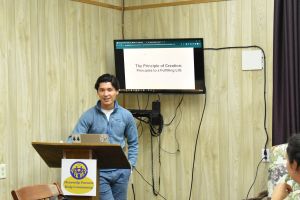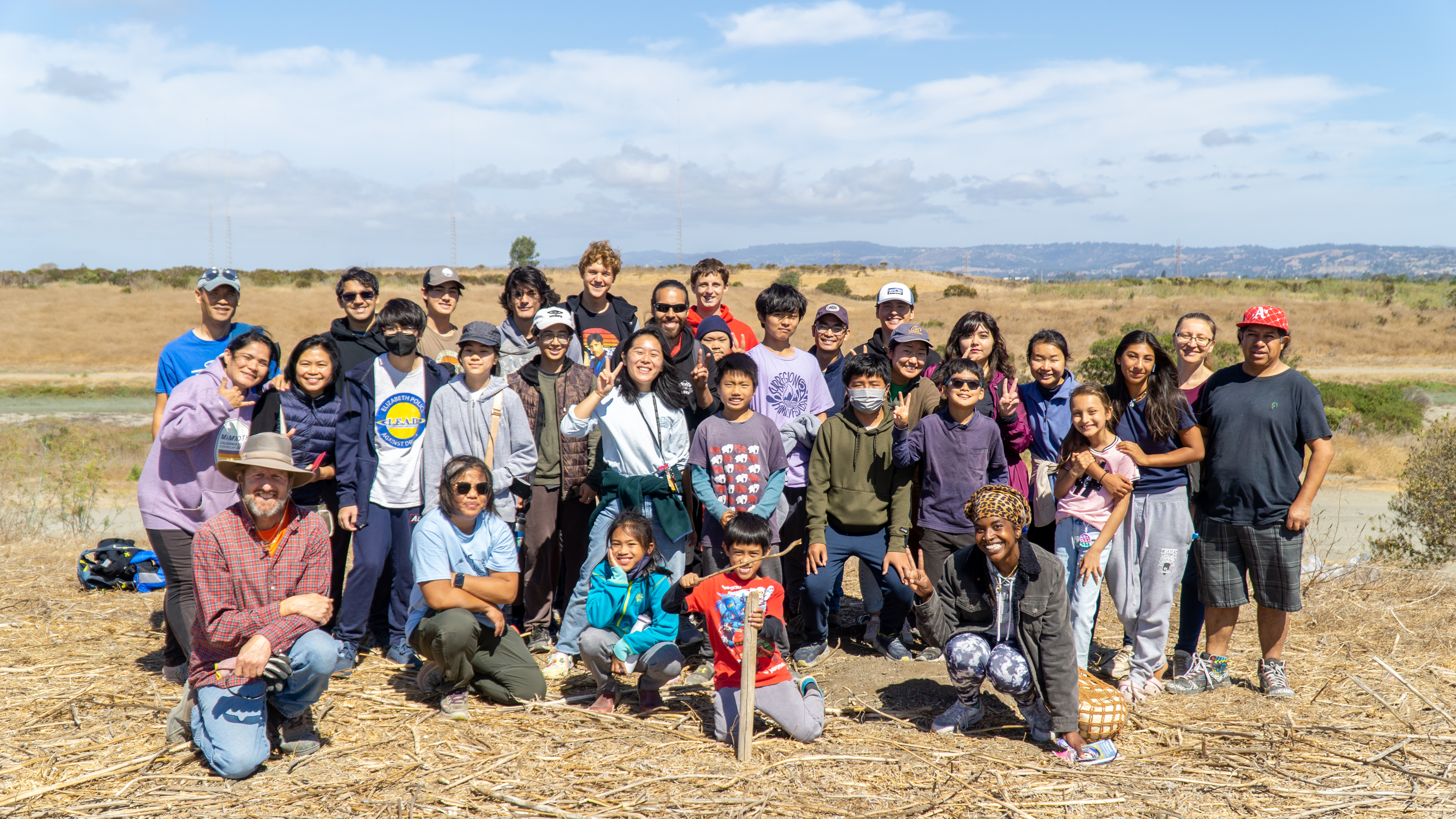Parents and Teachers

The Principled Academy is a religious school. The theologian Paul Tillich defines religion as an ultimate belief, a foundational principle of who we are, and what we believe. These core principles at our school are: (1) That we are all created in the image and substance of a lawful and loving God. (2) That each person is very precious and has great potential value. (3) That value is realized through moral and compassionate behavior. (4) That parents and teachers are responsible for nurturing children to become people of good character, responsible and compassionate human beings.
These principles guide our character educational philosophy and the practice of how teachers relate to students. There are no other religious doctrines taught at the school. We honor the religious or ethical beliefs of each family, but we ask parents to support the ethical and character education ideals of the school.
The challenge is to educate a child intellectually, emotionally, and ethically. Our goal is to raise children who find great value in their own lives and know how to build good families and communities.
As children grow, we need to nurture moral reasoning at home and school. In middle
school, for example, students learn to read closely, exhibit critical thinking, provide
evidence-based writing, and respect each other as precious human beings. Parents can support and reinforce what children learn in class by modeling the ideal of good character. For too long the models of parenting and teaching have been “progressive”. What this has meant is little ethical or intellectual guidance for children. Perhaps this was a reaction to “authoritarian” parenting, where rules and punishment prevailed.
At the Principled Academy, social and emotional learning are taught in the context of the principles outlined above. Discipline, not punishment, is taught based on moral or emotional reasoning. The goal is not to break the will of a child, rather to strengthen understanding and empathy.
Where teachers can choose good literature to illustrate emotional or ethical values,
parents can point to examples of friends or social behaviors that reflect good character. Our culture is often flooded with sex and violence, so it is especially important for children to see and experience alternatives. Teachers have an important responsibility to communicate with parents what is being taught in class. The trust between parents and teachers is essential for the benefit of the children.
I write this blog at the time of the 2020 pandemic where children spend a great deal of time at home through distance learning. Teachers and parents are thus even more central to a child's development.
 Mose Durst is an author, educator, and the former president of the Unification Church of the United States. He received a master’s degree and PhD while studying English Literature at the University of Oregon. He taught at a number of colleges and currently teaches literature and history at the Principled Academy in San Leandro, California. He has published eight books including Principled Education, Shakespeare’s Plays, and Oakland, California: Towards A Sustainable City.
Mose Durst is an author, educator, and the former president of the Unification Church of the United States. He received a master’s degree and PhD while studying English Literature at the University of Oregon. He taught at a number of colleges and currently teaches literature and history at the Principled Academy in San Leandro, California. He has published eight books including Principled Education, Shakespeare’s Plays, and Oakland, California: Towards A Sustainable City.




